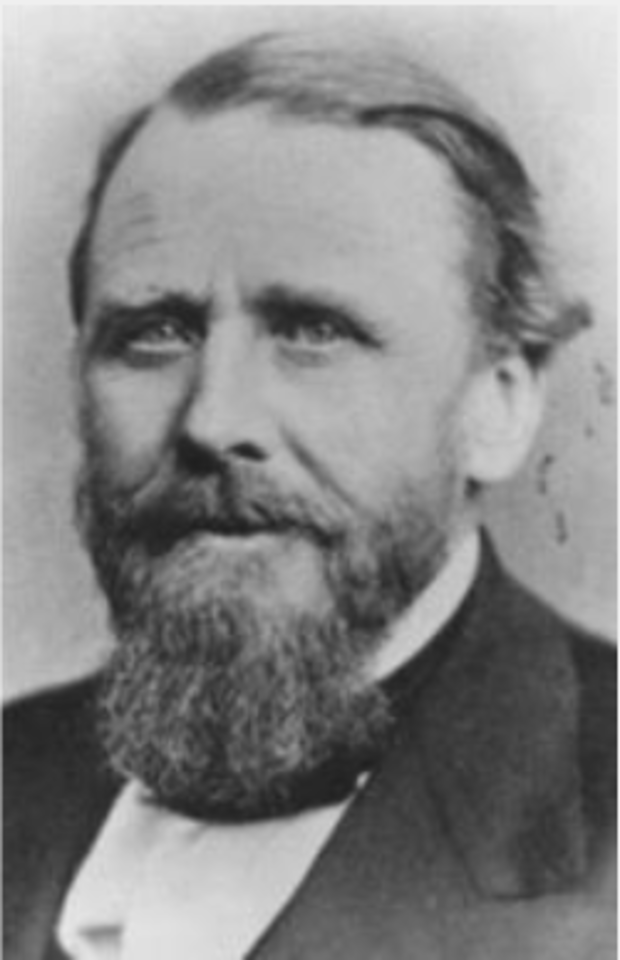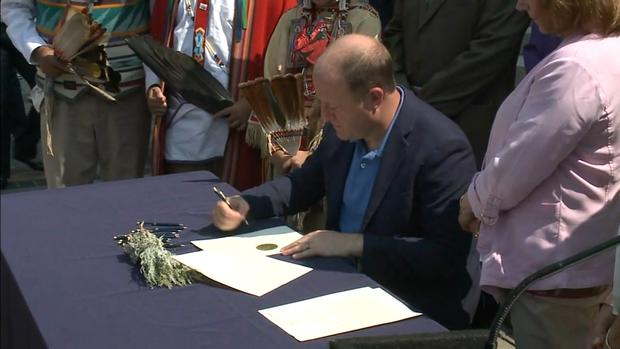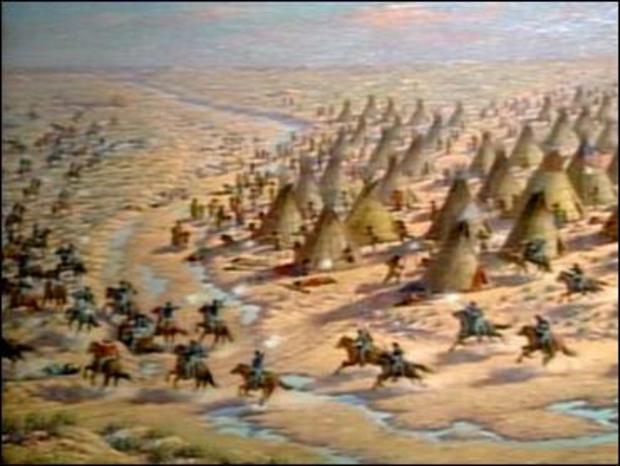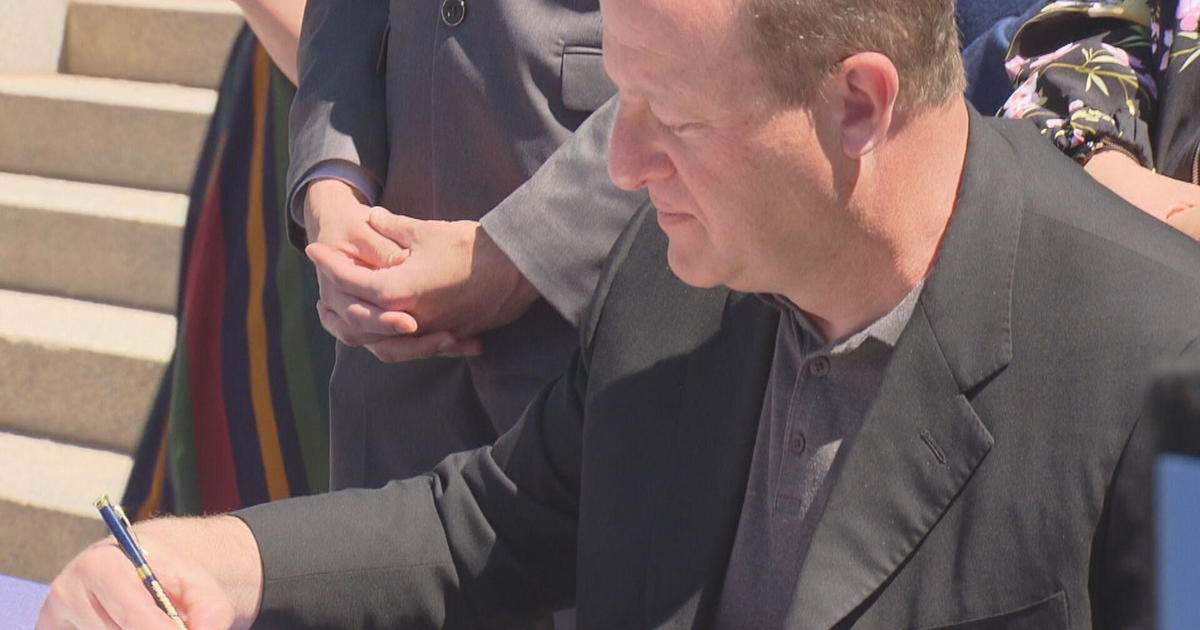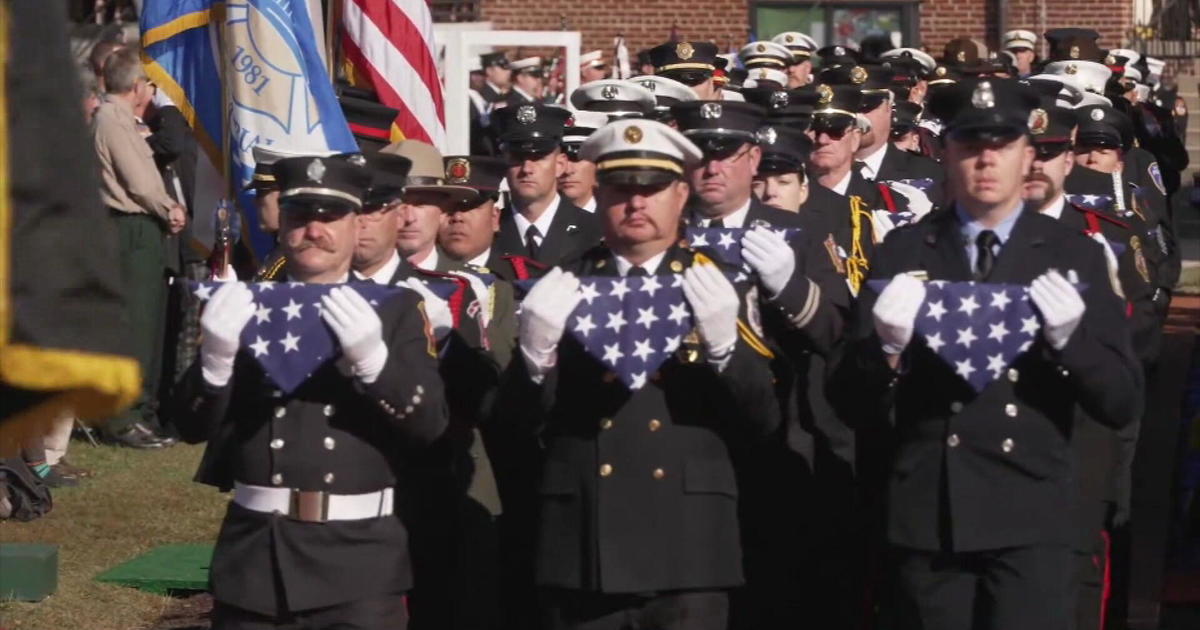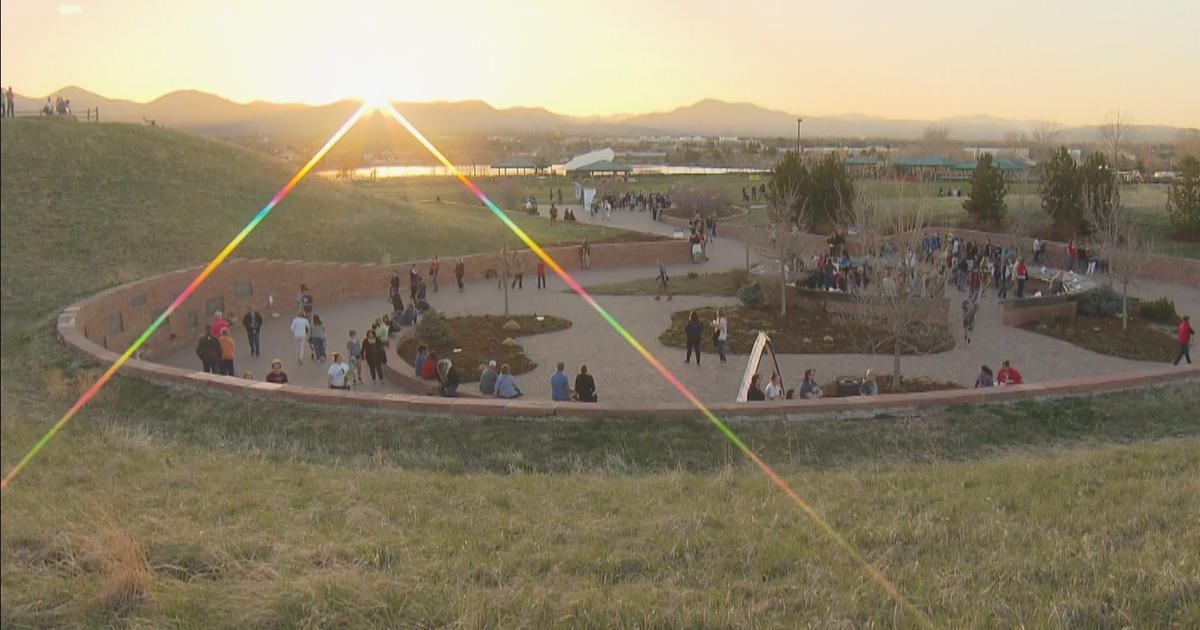Tribal Leaders Thank Colorado Leaders For Efforts To 'Make A Wrong Right'
DENVER (CBS4) - Addressing a wrong of the past -- that's how Gov. Jared Polis described his decision this week to rescind two proclamations signed in 1864 by John Evans, the territorial governor. The first ordered Native Americans to specific locations, the second directed the white population to kill Indigenous people.
"Months later, after the proclamations were issued, 230 Cheyenne-Arapaho people, mostly women, children and the elderly, were murdered in the Sand Creek Massacre," Polis said at Tuesday's ceremony.
Polis said Colorado has taken steps to reckon with the past violence, including an official apology from the state of Colorado to the descendants and dedicating the Sand Creek Massacre National Historic Site.
Tribal leaders from the across the nation joined the governor at the Colorado State Capitol with a number of them expressing their thanks for the state's action.
"Over 150 years ago, someone who looked like me and sounded me, safety was at harm and there's no telling what could have happened to me," said Jordon Dresser, Chairman of the Northern Arapaho Tribe.
"The fact that we're finally taking away those hateful words and we're also making a place where we can be safe is a big step," Dresser said. "We have a long ways to go in terms of race relations and us native people and people of color to feel safe at all places, at all times but these are the right steps to ensure those things continue in good faith. It takes the courage of individuals to spark of change."
The governor of the Cheyenne-Arapaho Tribes, Reggie Wassana, echoed those thoughts. "We just want to say thank you on behalf of the 13,000 Cheyenne-Arapaho tribal members in Oklahoma that once held the state of Colorado as our homeland. When Gov. Evans made that proclamation, he said you can hunt native people just as if you hunt a buffalo, an antelope, elk, a deer. It was open season."
He called rescinding the proclamations as an effort to make a wrong, right. "We would like to see all those wrongs that were done years ago come back to right."
Melvin Baker, the chairman of the Southern Ute Tribe, said he saw rescinding the proclamations as part of Colorado's ongoing efforts.
"We never let go of the past, the past was the past but we're making that right. We're fixing that."
He pointed to the passage of the bill banning the use of American Indian mascots and nicknames in the state's public schools and giving in-state tuition to 46 tribes whose ancestors were forcibly removed from their homes.
"I think other states can learn from that," Baker said. "There's many of our tribes that are so far behind. The states don't work with them, don't recognize them."
"We can't change history, we can only make it right," Alston Turtle, the treasurer of Ute Mountain Ute Tribe. "We can make everybody aware. We educate everybody about what happened to us as native people. Educate. That's the biggest we need to do now is educate. I implore all states to take part in each tribe that is in that state. I implore other states to get into involved with tribal governments to see how you can make a footprint within these states to make these wrongs right."
